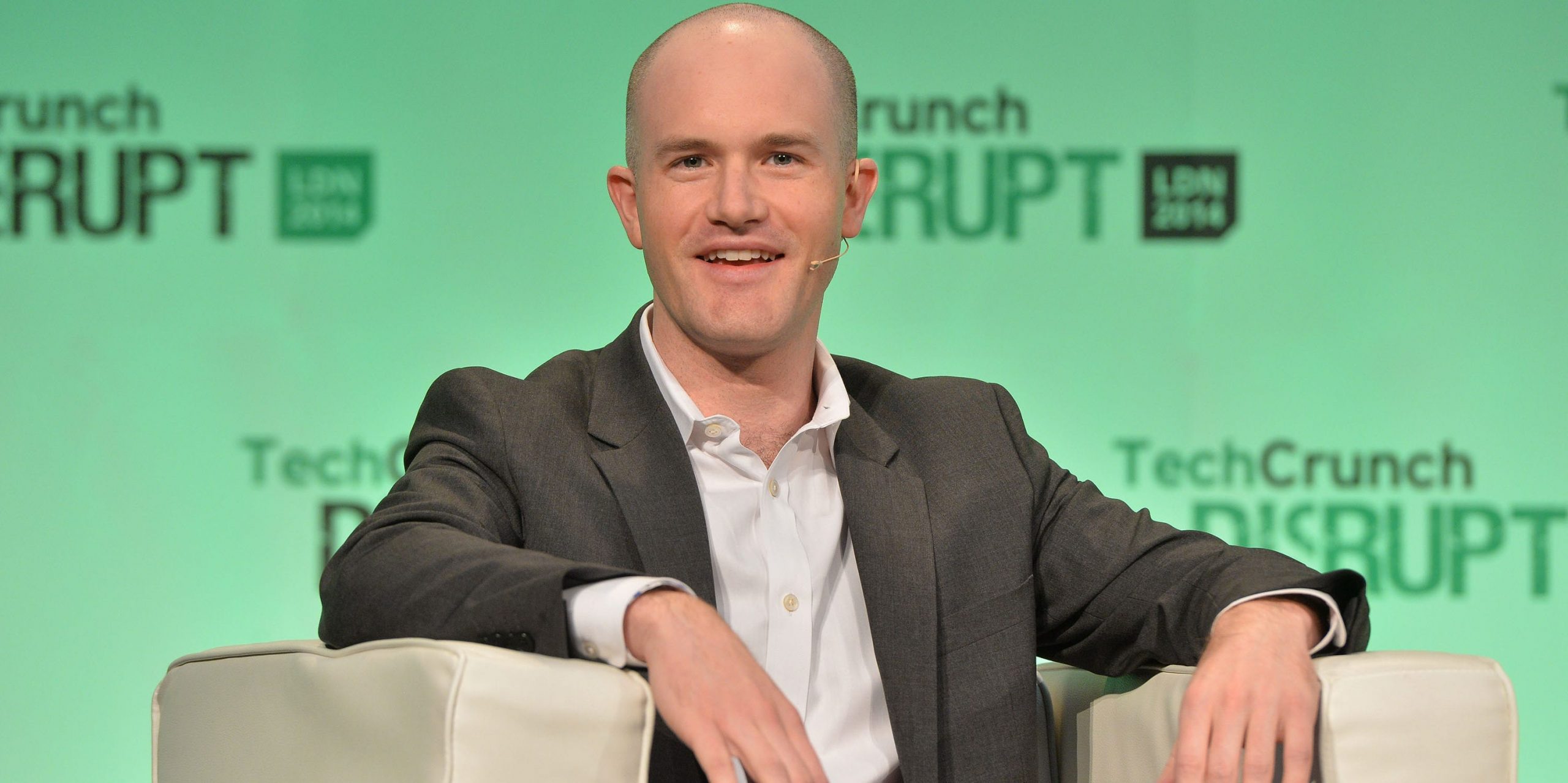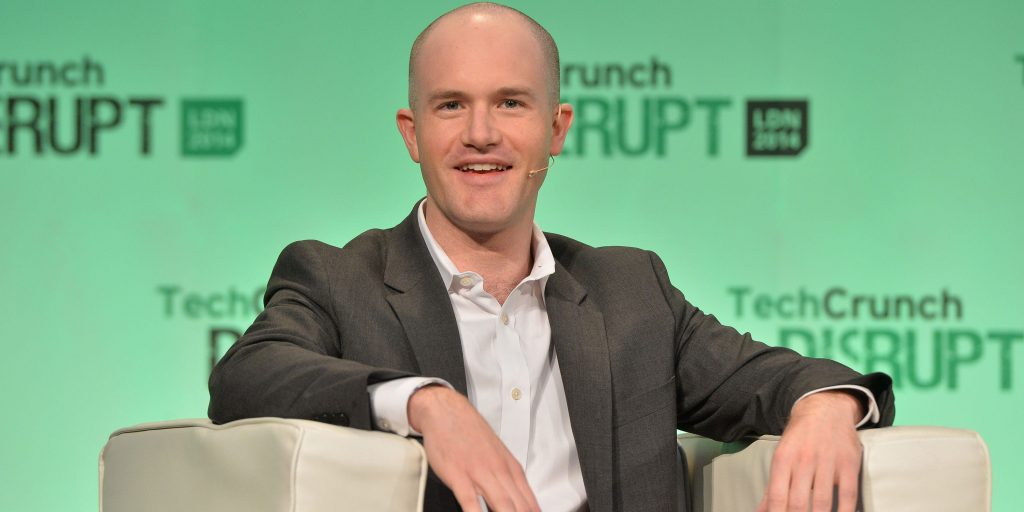
Photo by Anthony Harvey/Getty Images for TechCrunch
- Coinbase CEO Brian Armstrong tweeted that being a CEO was becoming "not fun" due to mounting pressure.
- He worries that overwhelming criticism of CEOs could discourage talented executives from leading American firms.
- Armstrong even compared the situation to China's crackdown on its corporate leaders.
- See more stories on Insider's business page.
Coinbase CEO Brian Armstrong complained in a late-night Twitter thread that being a CEO was becoming "not fun" due to mounting pressure.
Armstrong said he worries that overwhelming criticism of CEOs could discourage talented executives from leading American firms.
"I do worry that as companies get to be more successful, the number of attacks from press, politicians, and trolls on CEOs (and rounds of congressional testimony) makes the job not fun, and they leave from burnout," he wrote. "America could be losing some of its best talent from this."
Armstrong even said the climate for American CEOs had "some parallels to what is happening to successful CEOs in China," referring to episodes such as the sudden disappearance of Alibaba founder Jack Ma.
"You don't get moved to house arrest in the US, but it is our own version it, putting something that gets too successful in its place," he said.
Armstrong added the caveat that every company deserves scrutiny, but "the market solves a lot of this for us."
As CEO of a $65 billion crypto exchange, Armstrong has felt the heat on chief executives personally. A New York Times report last year portrayed the company as an unfriendly environment for Black employees, exacerbated by a public blog post Armstrong wrote that suggested employees who see companies as venues for political activism might consider resigning.
One activist for diversity in crypto told the Times, "We know now that Brian Armstrong was never committed to [increasing the share of Black employees]."
More recently, Armstrong has gotten into public spats with regulators, inviting further scrutiny. After the SEC threatened to sue Coinbase over a new lending product in September, he took to Twitter to accuse the agency of "sketchy behavior," but was forced to back down shortly thereafter.
